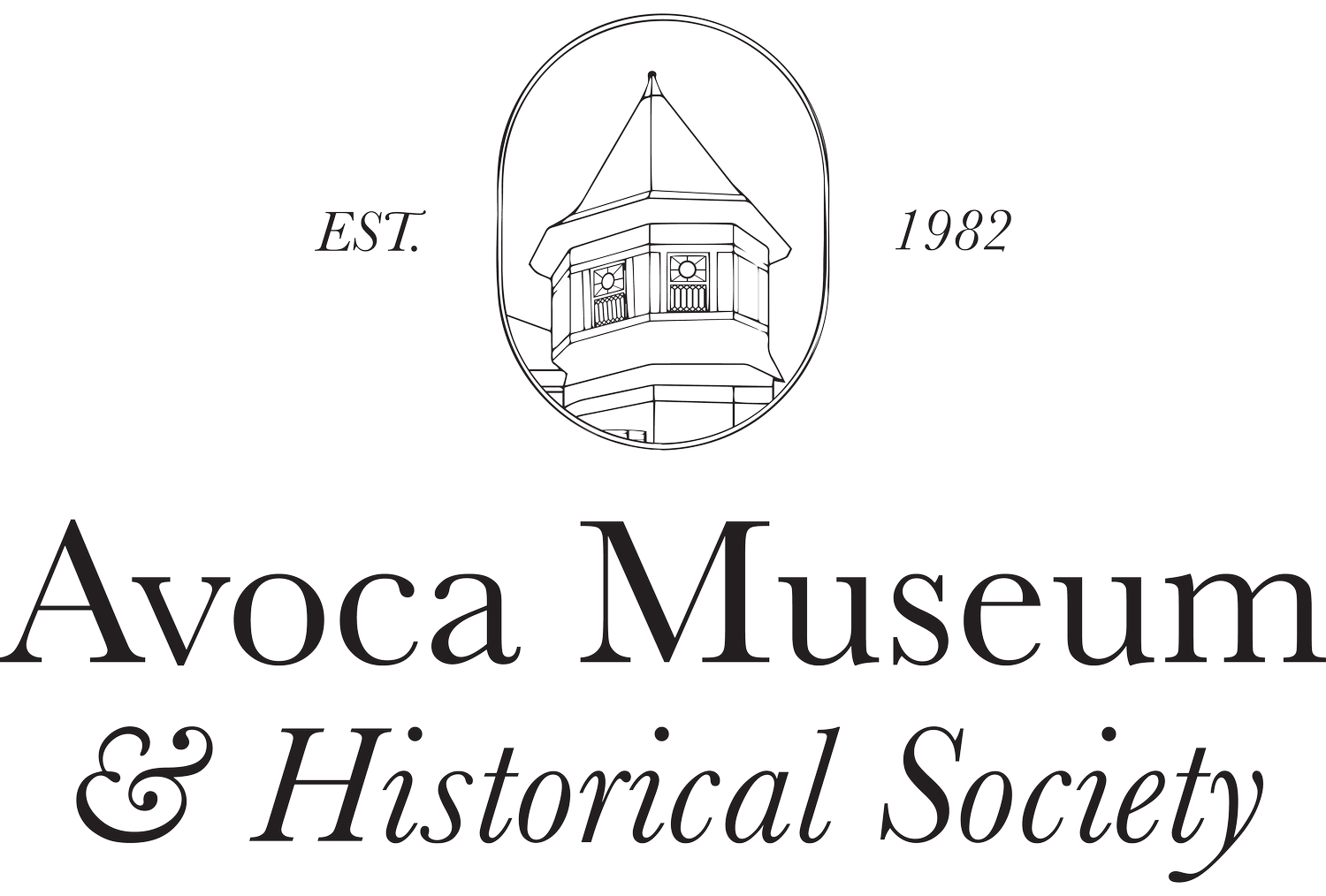The Origins of Lynch Law
The term “Lynch Law” in modern times has very negative connotations, but it may be surprising to learn that Lynch Law has no roots in racism. It is sometimes contested where Lynch Law truly originated. Some will claim that Lynch Law began in Galway, Ireland where a man by the name of FitzStephen Lynch (a supposed ancestor of Charles Lynch) supposedly hung his own son under murder charges without a trial in 1493. Aside from the fact that this tale is mostly regarded as legend, the term of “Lynching” does not appear in English dictionaries until the 1800s. Others believe that a man by the name of William Lynch (another relative of Charles Lynch) is where the term originates. It is said that Lynch, a local to Pittsylvania County, took the law into his own hands in the years after the American Revolution by practicing vigilante justice. This reads as a somewhat outlandish tale and it is documented only once, in an unpublished article written by Andrew Ellicott. The third and most widely accepted origin of Lynch Law is from our very own Colonel Charles Lynch Jr. In August of 1780 a patriot spy located in southwestern Virginia learned of a Tory plot to sabotage Charles Lynch’s lead and saltpeter mines. The Tories had even planned to march on Charlottesville and overthrow the Virginia state government. Thomas Jefferson, upon being notified of this plan, ordered Colonel Charles Lynch to arrest the ringleaders and send the guiltiest to Richmond for trial. Lynch arrested 75 prisoners and soon sorted out those who had the biggest hands in the plot. In direct defiance of Jefferson’s order to send the guilty to Richmond, Lynch decided to punish them on his own plantation (Green Level). Lynch made this decision based on the belief that the time and cost of transporting the prisoners to Richmond was unreasonable and the concern that a party of Tories might overthrow Lynch’s convey and take back the prisoners. Each prisoner was tied to a black walnut tree on Lynch’s property and given thirty-nine lashes. The only way a prisoner could end his punishment early was by speaking the phrase “Liberty forever.” Thomas Jefferson, although displeased with Lynch’s disobedience to written law, commended him for his quick actions at Green Level.

